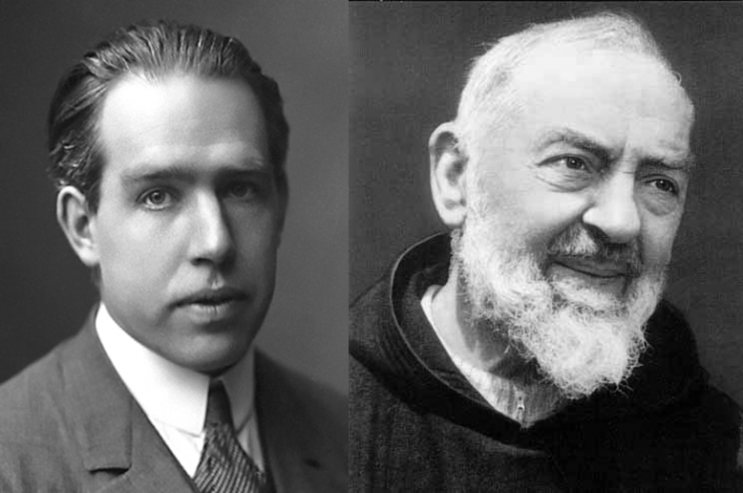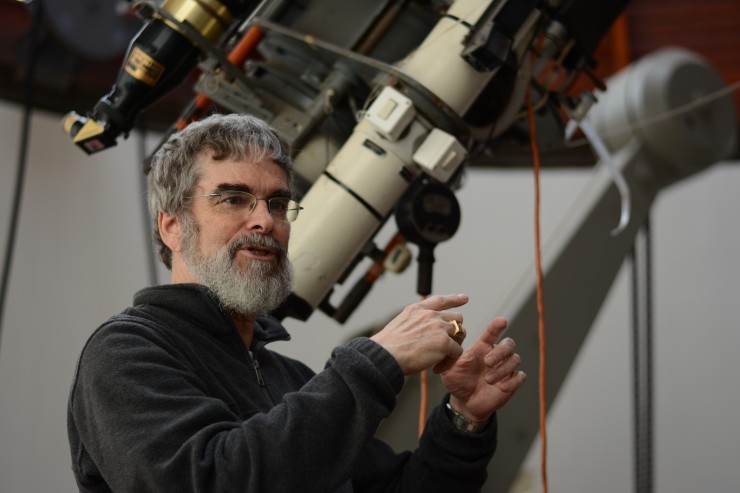
“Suffer the little children to come unto me.” (detail) by Carl Bloch [Public domain], via Wikimedia Commons
We exited the restaurant with exuberance still lingering from our family dinner conversation. It was a rare treat to take everyone out to eat, so we relished the time spent ordering what we wanted, listening to catchy tunes, and watching diners gather on the dance floor for mid-meal entertainment.
I’d forgotten that Sarah had Apert syndrome, as I tend to do most days. She’s five years old now, and her countenance is so familiar to me. Even the unusual shape of her fingers and awkward arm movements are dear to me, because they are a part of her. It’s not her Apert syndrome, it’s just Sarah. I just see Sarah.
But I also forget that other people haven’t met her yet. They haven’t encountered my sweet daughter who always reminds me that life is uncomfortable and we have to face discomfort on a daily basis.
When others see Sarah for the first time, they are usually taken aback. That night was no different. My euphoria plummeted as we shuffled through the gathering crowd of hungry diners who were eager to find a seat and enjoy the food, music, dancing, and conversation as we had. I saw the stares – gawks really – and my heart sank. Then, as more and more people glowered at Sarah, who was entirely oblivious to their rude and inappropriate looks, I felt an old feeling in the pit of my belly start to stir – fire.
I saw every one of those stares, and though the experience lasted only a minute or two perhaps, time froze for me in that moment. My emotions went from irritation to all-out rage. It was like Mama Bear was awakened in me, but I silenced her roars. I didn’t permit her to emerge from that sleeping cave in my belly. I held her back. I wanted her to simmer down unlike in the distant past when I allowed her to flare at anyone or anything who threatened her little cubs.
For a fleeting second, I remembered that I was once among those gawking strangers. Like them, I didn’t know anyone with a craniofacial anomaly. I had never met or become friends with people who looked drastically different from what we, as a culture, have been conditioned to believe is normal or beautiful.
Whenever I saw someone with a clear disability, I wouldn’t stare, but I sure would shift in place with a definite unease. I didn’t usually talk to them, and I certainly didn’t make eye contact with them.
Somehow, when Sarah first appeared in our lives as a squirming newborn, I had to confront what I had avoided in the past, which was my unspoken, dormant belief that perfect people are the best types of humans to associate with. Imperfection, especially in a facial difference, was too harsh. I couldn’t stand how I felt inside when I saw my own daughter. The raw emotions of squeamish disgust were too much to bear.
Why was I repulsed? I can’t remember so clearly now, but I think it’s because I had subtly adopted the societal mindset that beauty is reflected in symmetry, perfectly aligned teeth, and gorgeous eyelashes. The beautiful people were the plastic ones, the types who got Botox and tummy tucks. They weren’t people like Sarah.
And when you’re a mom of a child with a craniofacial condition and you actually admit these thoughts, you don’t like yourself much.
But that was five years ago, and I know better now. It’s because I’ve softened on the inside, only through the forced daggers of discomfort, though. When we sit with the pain inside of ourselves, we come to recognize our own fears of the unknown. I happen to believe that well-intentioned people simply are terrified of what they don’t yet understand.
Part of knowing involves exposure. The strangers waiting for their meal at the restaurant had likely not been exposed to Sarah, and I remembered that as I silenced the raging guttural growl from Mama Bear. She retreated, and I softened a bit, because I recalled being among the people who gasped in shock when they saw someone with Apert syndrome.
I think kindness means we have to step outside of ourselves and look at the person facing us. It could be our spouse, a child, a parent, a friend, neighbor, or complete stranger. People evoke very intense emotions in us every day, sometimes fuzzy and euphoric, but often the kind that makes us want to hide inside a turtle shell or rage like that Mama bear. Those so-called negative emotions are what we tend to shelf in our subconscious, because we don’t like the way we feel.
We don’t like being uncomfortable with someone else’s pain.
But real kindness is about acknowledging this prevailing fact and instead of responding to the person who startled or offended us, we pause for a moment and try to imagine what it might be like for him. That’s when real mercy takes over. It’s when the jagged pieces of our own wounds somehow subside, and we’re able to extend a generous gesture of forgiveness and empathy toward the person who may just need us to guide them, gently and carefully, to a place where they, too, will see someone like Sarah and simply smile.
That kind of gumption takes tenacity, and tenacity is formed from the inside out. But I happen to believe we need a little help in that area. I was forced to confront myself because of Sarah’s condition and all it entailed. But most of us will not have to take the time to reach out to people who look different from us. And that’s why they need to see people like Sarah and get to know them. It’s not just about the superficial what’s-your-favorite questions. It’s about seeing the heart inside the person and finding a place in your own where you can make room for the ugliness you feel as you see the disability in another.
Live with the discomfort. Mingle only a while with it. Allow it to settle quietly in your soul, and then start to wrestle with your own struggles of perfection. Once you do, and once you find incredible relationships with others who look entirely different than what the world deems beautiful, you will mature deeply. You will understand with depth and clarity how beauty is formed and forged through the crucible of suffering, and then you, too, can extend mercy to others who are not quite where you are.
Text (c) Jeannie Ewing 2018, all rights reserved.
















